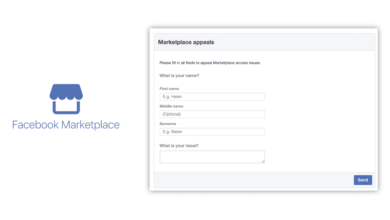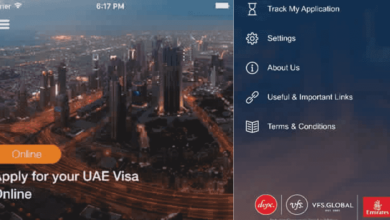Uber Reveals Cairo as Fastest-Growing City in EMEA

Uber has named Cairo its fastest-growing city across the EMEA region in 2016, with the number of monthly active drivers surging from 2,000 to over 40,000 within a year.
Uber Egypt shared a series of key insights from its 2016 app usage data, reflecting strong local adoption and platform engagement across Cairo.
Key Uber Egypt Usage Highlights in 2016
🚗 Peak Ride Time
The most popular time for riders in Cairo was Thursdays between 5:00 and 6:00 p.m.
🚕 Top Driver
The highest number of trips completed by a single driver reached 4,661 rides in 2016.
🎯 Top Rider
One dedicated Cairo-based rider completed 1,124 trips during the year.
🌍 Most Popular International Destinations
Uber riders from Cairo traveled most frequently to Saudi Arabia, the United States, and the UAE.
✈️ Top Countries of Origin for Visiting Riders
Visitors using Uber in Cairo mainly came from Saudi Arabia, the US, and the UAE.
Uber Egypt 2016 Milestones
March: Driver Training Program & Strategic Visit
Uber partnered with Education for Employment Egypt (EFE|Egypt) to graduate 14 drivers through a specialized training program. In the same month, David Plouffe, Uber’s chief adviser and Barack Obama’s 2008 campaign manager, visited Cairo to discuss the future of work and Uber’s regional ambitions.
Plouffe emphasized Uber’s commitment to job creation, announcing EGP 2.2 billion in investments for the MENA region—EGP 500 million earmarked for Egypt alone.
June: Full Cash Payments Rollout
Uber introduced the option for 100% of riders in Egypt to pay with cash, significantly broadening accessibility.
November: Cairo Sets Global Support Center Benchmark
Uber Egypt’s partner support center became one of the most visited globally, receiving over 6,500 drivers weekly and surpassing 1,000 visits daily just months after launching in June.
Uber Telematics Safety Rollout
Uber introduced telematics to its Egypt operations, using smartphone sensors to track and improve driving behavior. Drivers receive alerts and coaching sessions based on the data. Within a week, 10% of tested drivers showed safer driving patterns—marking a significant step toward data-driven road safety.
December: Vision for the Future of Mobility
Speaking at RiseUp Summit 2016, Uber’s Head of Operations EMEA, Pierre-Dimitri Gore-Coty, projected that ride-sharing would grow from under 4% of global miles driven to over 25% by 2030.
“The future is one where shared mobility and public transit outperform car ownership,” Gore-Coty said. “I genuinely hope we see this in Cairo sooner rather than later.”



